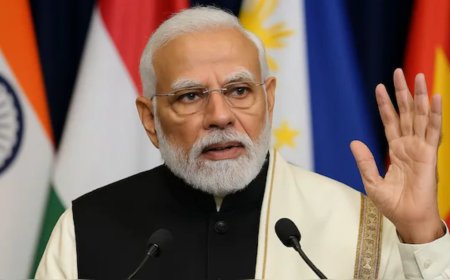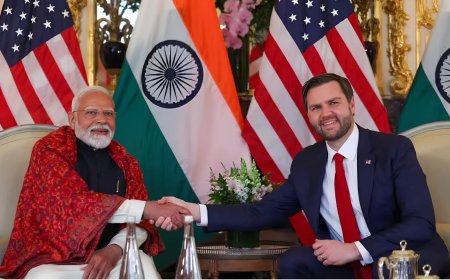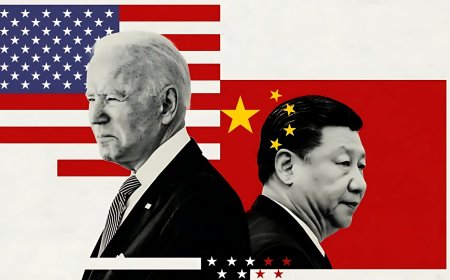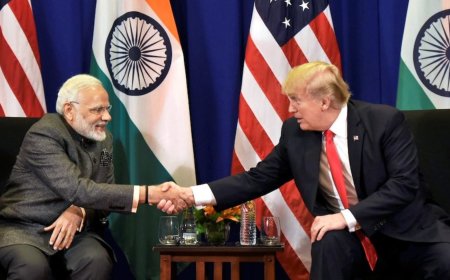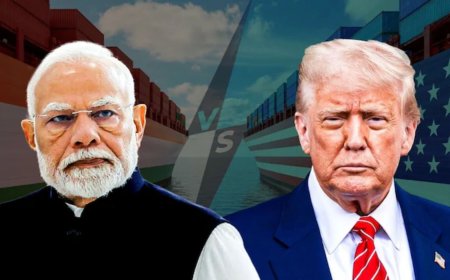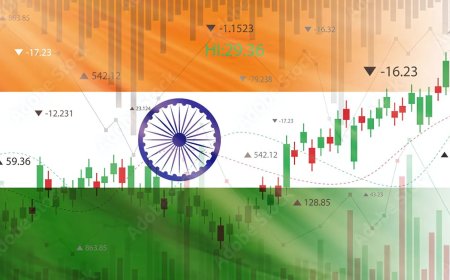China’s Assertive Rise: Economic, Political, and Security Implications
Beijing’s push to challenge U.S. dominance is reshaping global power. Explore the economic, political, and security consequences of China’s assertiveness in the South China Sea and at the India-China border.

Beijing's Multipronged Strategy: A Geopolitical Tipping Point
Beijing’s growing ambition to reshape the global order is no longer limited to trade and technology. With coordinated moves across diplomatic, military, and economic fronts, China is directly challenging the current dominant power — the United States — and reshaping the strategic landscape of the Indo-Pacific. These actions are not without consequence. If China succeeds, the repercussions will not only disrupt the global economic order but also bring significant political and security shifts across the world.
Economic Influence Turning into Geopolitical Leverage
China’s Belt and Road Initiative (BRI), control over critical mineral supply chains, and its central role in global manufacturing have cemented its position as a global economic powerhouse. But this dominance is now being leveraged for geopolitical influence.
-
Global South Investments: Massive infrastructure projects in Africa, Asia, and Latin America are not just economic; they come with strings attached — political alignment, debt dependency, and increased Chinese clout.
-
Digital Silk Road: From 5G infrastructure to smart surveillance, China is exporting its technology and digital governance model, challenging the liberal democratic norms supported by the West.
The South China Sea: A Flashpoint with Global Stakes
Despite international legal rulings, China continues its military buildup and aggressive patrolling in the South China Sea, asserting its territorial claims at the cost of regional stability.
-
Artificial Islands & Militarization: China has turned reefs into military outposts, directly threatening freedom of navigation — a cornerstone of international trade.
-
Tensions with ASEAN Nations: Regular clashes with Vietnamese, Filipino, and Malaysian vessels signal China’s intent to dominate regional waters and suppress rival claims.
-
U.S. Response: Increased naval patrols and military exercises by the United States and allies underscore the growing risk of open conflict in the region.
India-China Border: No Sign of De-escalation
While diplomatic talks between New Delhi and Beijing continue, the situation on the Line of Actual Control (LAC) remains tense.
-
Galwan Legacy: The deadly 2020 clash at Galwan Valley marked a turning point in India-China relations, leading to a hardening of positions on both sides.
-
Troop Buildup & Infrastructure Race: Both nations continue to enhance infrastructure and deploy troops in the high-altitude regions of Ladakh and Arunachal Pradesh.
-
Strategic Consequences: India is increasingly aligning with Western alliances like the Quad, leading to further polarization in the Indo-Pacific.
Political Implications: Rise of an Assertive China
If Beijing succeeds in its multipronged campaign, it could mean a fundamental shift in global governance.
-
Challenging Liberal Norms: China's model of state-controlled capitalism and authoritarian governance presents a real ideological alternative to Western democracy.
-
Diplomatic Realignments: Countries dependent on Chinese investment are drifting toward Beijing diplomatically, reshaping traditional alliances.
-
Cyber & Info Warfare: Beyond physical borders, China is actively involved in digital propaganda, cyber intrusions, and influence operations worldwide.
The Global Response: A Balancing Act
The world is watching — and reacting.
-
U.S. Indo-Pacific Strategy: Washington has ramped up military alliances and economic initiatives to counter Beijing’s rise.
-
European Awakening: Even historically neutral powers like Germany and France are taking a firmer stance on China’s behavior, especially post-COVID and Hong Kong developments.
-
India's Strategic Autonomy: India is carefully balancing between self-reliance (Atmanirbhar Bharat) and deeper strategic partnerships with the West.
What's Your Reaction?
 Like
0
Like
0
 Dislike
0
Dislike
0
 Love
0
Love
0
 Funny
0
Funny
0
 Angry
0
Angry
0
 Sad
0
Sad
0
 Wow
0
Wow
0






